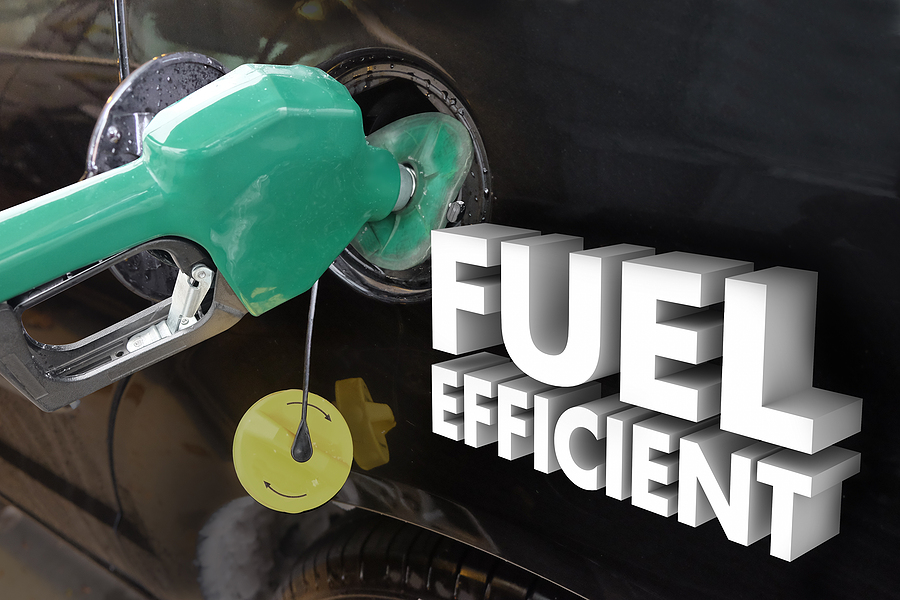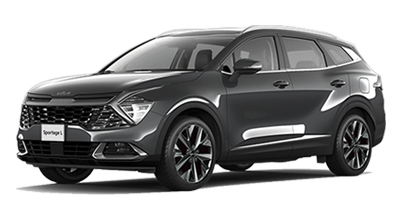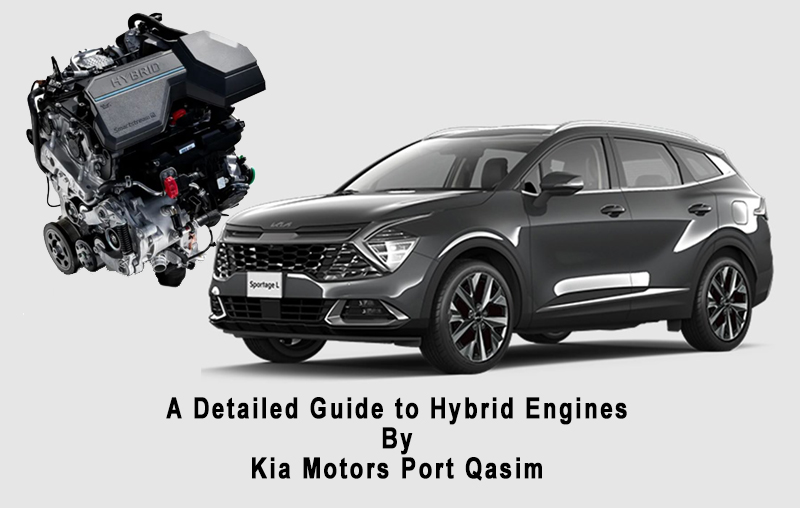The automotive industry has been rapidly evolving, with new technologies aimed at improving fuel efficiency, reducing emissions, and providing a more sustainable future. Among these innovations, hybrid engines have become one of the most popular and practical solutions. By combining traditional gasoline engines with electric motors, hybrid cars offer a blend of power, fuel efficiency, and lower environmental impact. In this article, we’ll explore the key aspects of hybrid engines, helping you understand their advantages, disadvantages, and their potential impact on the environment.
What Are Hybrid Engines?
A hybrid engine combines a traditional internal combustion engine (ICE) with an electric motor, providing a vehicle with two power sources. These engines are designed to optimize fuel efficiency and reduce harmful emissions by switching between the gasoline engine and electric motor depending on driving conditions.
The key to hybrid engines lies in their ability to combine the best of both worlds: the range and power of a gasoline engine with the fuel efficiency and low emissions of an electric motor. By doing so, they help reduce reliance on gasoline and minimize environmental impact, which is why many car manufacturers, including Kia with their Hybrid Synergy Drive, are investing heavily in hybrid technologies.
Helping to Solve the MPG Problem
One of the most significant advantages of hybrid engines is their ability to solve the long-standing problem of fuel efficiency. With rising fuel prices and growing concerns about climate change, fuel economy has become a crucial factor for car buyers. Hybrid engines address this issue by using both a gasoline engine and an electric motor, allowing the vehicle to switch between power sources based on speed and driving conditions.

In city driving, where fuel consumption tends to be higher due to frequent stops and starts, the electric motor can power the car, improving overall miles per gallon (mpg). On highways, the gasoline engine takes over, providing the necessary power for long-distance travel without compromising on fuel efficiency.
By offering superior fuel economy, hybrid engines help drivers reduce their carbon footprint while saving money at the pump. If you are looking to explore hybrid options, check out the price list for Kia’s hybrid vehicles to understand how they compare to traditional cars in terms of cost and savings.
The Hybrid Synergy Drive (Kia)
When discussing hybrid engines, it’s essential to mention Hybrid Synergy Drive (Kia), which is Kia’s advanced hybrid technology. This system integrates the gasoline engine and electric motor seamlessly, allowing for better fuel efficiency, smoother performance, and a reduced environmental impact.
Hybrid Synergy Drive is engineered to intelligently switch between the two power sources based on real-time driving needs. This system maximizes efficiency and reduces emissions without sacrificing performance. Kia’s hybrid models are equipped with cutting-edge technology that provides a smoother and quieter driving experience, making them a top choice for eco-conscious consumers.
Advantages and Disadvantages of Hybrid SUV
Like any technology, hybrid engines come with both benefits and challenges. Understanding the pros and cons of hybrid SUVs can help you make an informed decision about whether a hybrid vehicle is right for you.
 Advantages of Hybrid SUV
Advantages of Hybrid SUV
-
Fuel Efficiency
One of the primary reasons people opt for hybrid cars is the significant improvement in fuel efficiency. By combining an electric motor with a gasoline engine, hybrid cars use less fuel compared to traditional cars, saving money on gas and reducing overall carbon emissions. -
Lower Emissions
Hybrid engines produce fewer pollutants compared to conventional gasoline engines. The use of electric power helps reduce greenhouse gas emissions, making hybrid cars a more environmentally friendly choice. -
Regenerative Braking
Hybrid cars are equipped with regenerative braking systems that capture energy during braking and convert it into electricity, which is stored in the battery. This feature helps improve fuel efficiency and extends the life of the brake system. -
Incentives and Tax Breaks
Many governments offer financial incentives and tax credits for hybrid car buyers to promote the use of eco-friendly vehicles. By purchasing a hybrid car, you may be eligible for rebates, tax breaks, or reduced registration fees.
Disadvantages of Hybrid SUV
-
Higher Initial Costs
Hybrid cars tend to have a higher upfront cost than traditional vehicles due to the complex technology involved in building hybrid engines. However, the savings on fuel over time often offset the initial price difference. -
Battery Life and Replacement
One of the biggest concerns about hybrid cars is the life span of the battery. While hybrid batteries are designed to last for many years, eventually, they will need to be replaced. This can be costly, although many manufacturers, including Kia, offer warranties on hybrid batteries to alleviate this concern. -
Limited Electric-Only Range
While hybrid cars can run on electricity at lower speeds or during city driving, their electric-only range is typically limited. For longer trips, the gasoline engine is necessary, meaning you won’t experience the same level of efficiency as a fully electric car. -
Increased Complexity
Hybrid engines are more complex than conventional gasoline engines, which can make repairs and maintenance more expensive. Additionally, finding a mechanic with the right expertise may be more challenging than for a traditional vehicle.
The Battery Question
One of the most common concerns about hybrid cars is the battery. Hybrid cars rely on lithium-ion or nickel-metal hydride batteries, which need to be replaced after several years of use. The cost of replacing these batteries can be substantial, but many hybrid vehicles come with warranties that cover the battery for up to 10 years.
The environmental impact of battery production and disposal is another issue that cannot be ignored. The mining of materials for batteries, such as lithium, cobalt, and nickel, has raised concerns about sustainability and ethical sourcing. However, advancements in battery technology are continually being made to address these concerns, including the development of more efficient and recyclable batteries.
If you are interested in exploring hybrid cars or have concerns about the battery, you can reach out to Kia directly through their online inquiry form for more information.
Hybrid SUVs and Their Environmental Impact
When it comes to the environment, hybrid cars have both pros and cons.
Pros of Hybrid SUVs on the Environment
- Lower Carbon Emissions: Hybrid engines produce fewer greenhouse gases than traditional internal combustion engines, reducing air pollution and contributing to cleaner air quality.
- Reduced Dependence on Fossil Fuels: Hybrid SUVs use less gasoline, reducing reliance on fossil fuels and promoting the use of renewable energy sources, especially when coupled with renewable energy-driven electric grids.
 Cons of Hybrid Cars on the Environment
Cons of Hybrid Cars on the Environment
- Battery Manufacturing and Disposal: The production and disposal of hybrid car batteries pose environmental challenges, particularly concerning the extraction of materials needed for their manufacture.
- Energy Source for Charging: While hybrids do use electric power, the environmental benefits depend on how the electricity is generated. In regions where electricity comes from non-renewable sources, the benefits of hybrid vehicles are somewhat diminished.
Maintaining Your Hybrid Vehicle
To ensure that your hybrid vehicle performs at its best for years to come, proper maintenance is crucial. This includes regular service checks for both the gasoline engine and electric motor, as well as ensuring the hybrid battery remains in optimal condition. Kia offers online service appointment forms to help you schedule regular maintenance and stay on top of any necessary repairs.
For added protection, consider options like undercoating car protection or 3M glass coating protection to preserve the exterior of your vehicle and keep it looking new.
Conclusion
Hybrid engines represent a significant step forward in the quest for more fuel-efficient, environmentally friendly vehicles. By combining the power of gasoline engines with the efficiency of electric motors, hybrid cars offer a practical solution to reducing fuel consumption and emissions. However, they are not without their drawbacks, including higher upfront costs and battery replacement concerns. Understanding the pros and cons of hybrid cars will help you decide if they are the right choice for your lifestyle and environmental goals.
If you’re interested in learning more about hybrid cars and how they can benefit you, be sure to visit Kia’s price list and explore the variety of options available. Also, take advantage of Kia’s online services to schedule a maintenance appointment or inquire about specific details using the online inquiry form. With their advanced technology and sustainable solutions, hybrid vehicles are paving the way for a greener, more efficient future in transportation.













